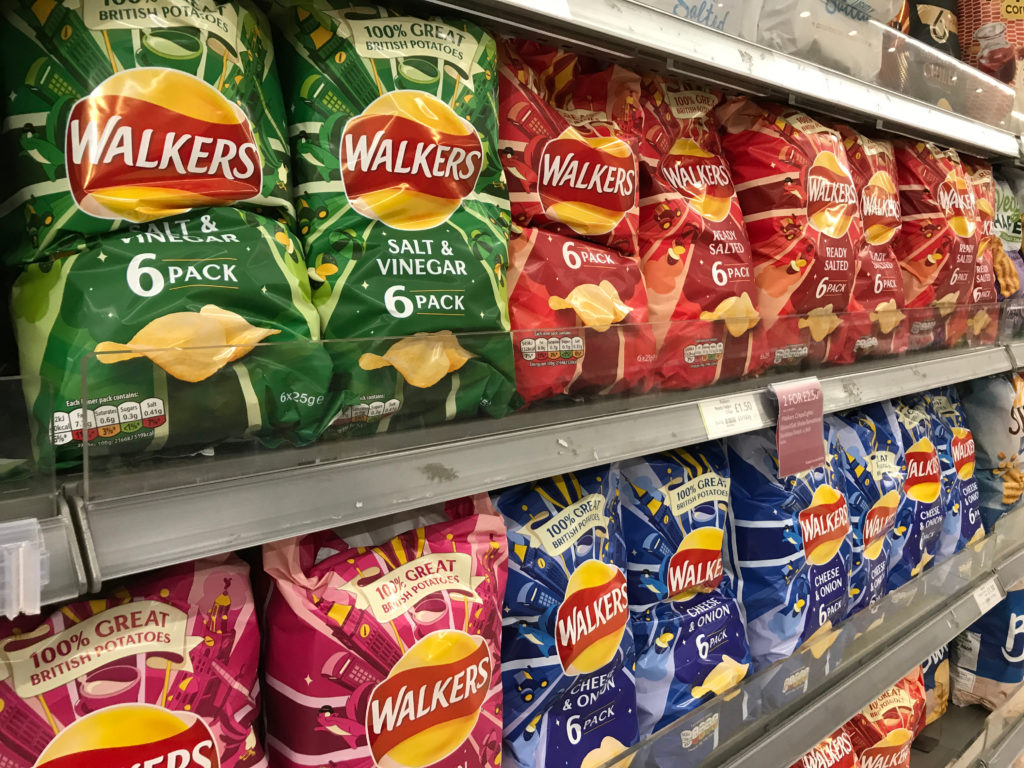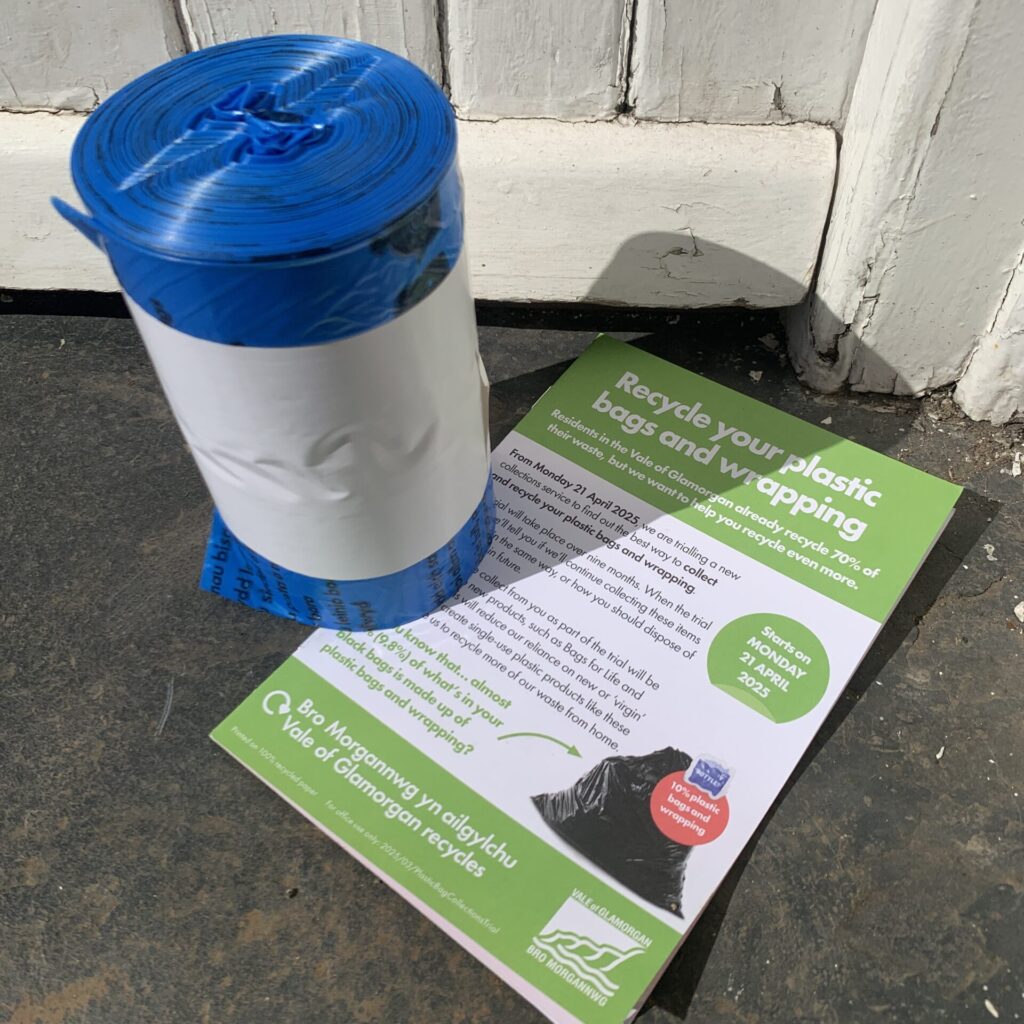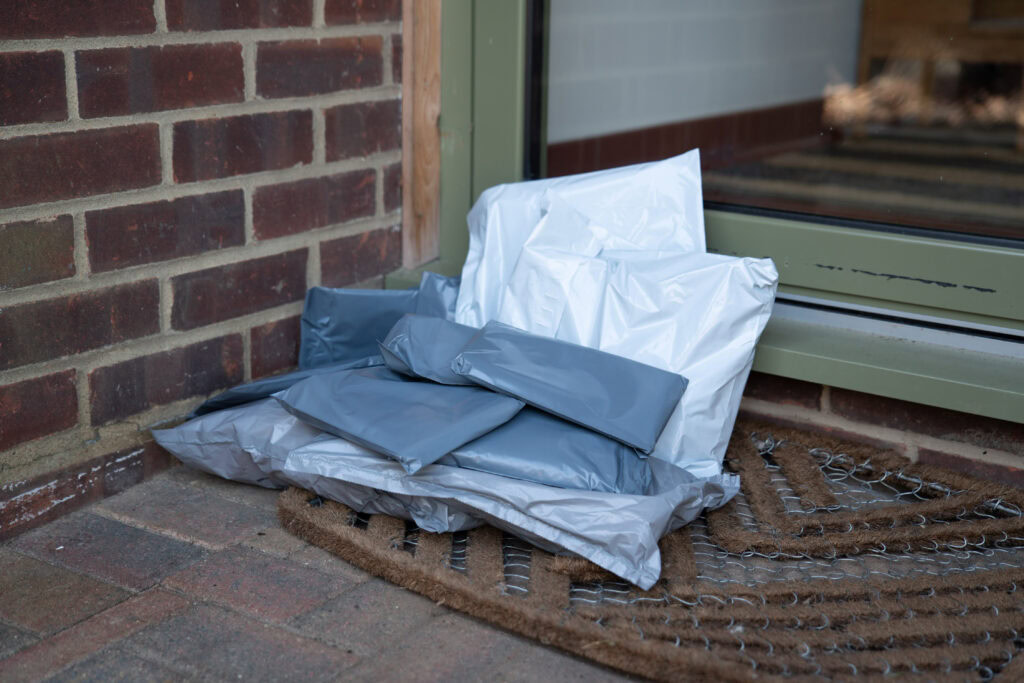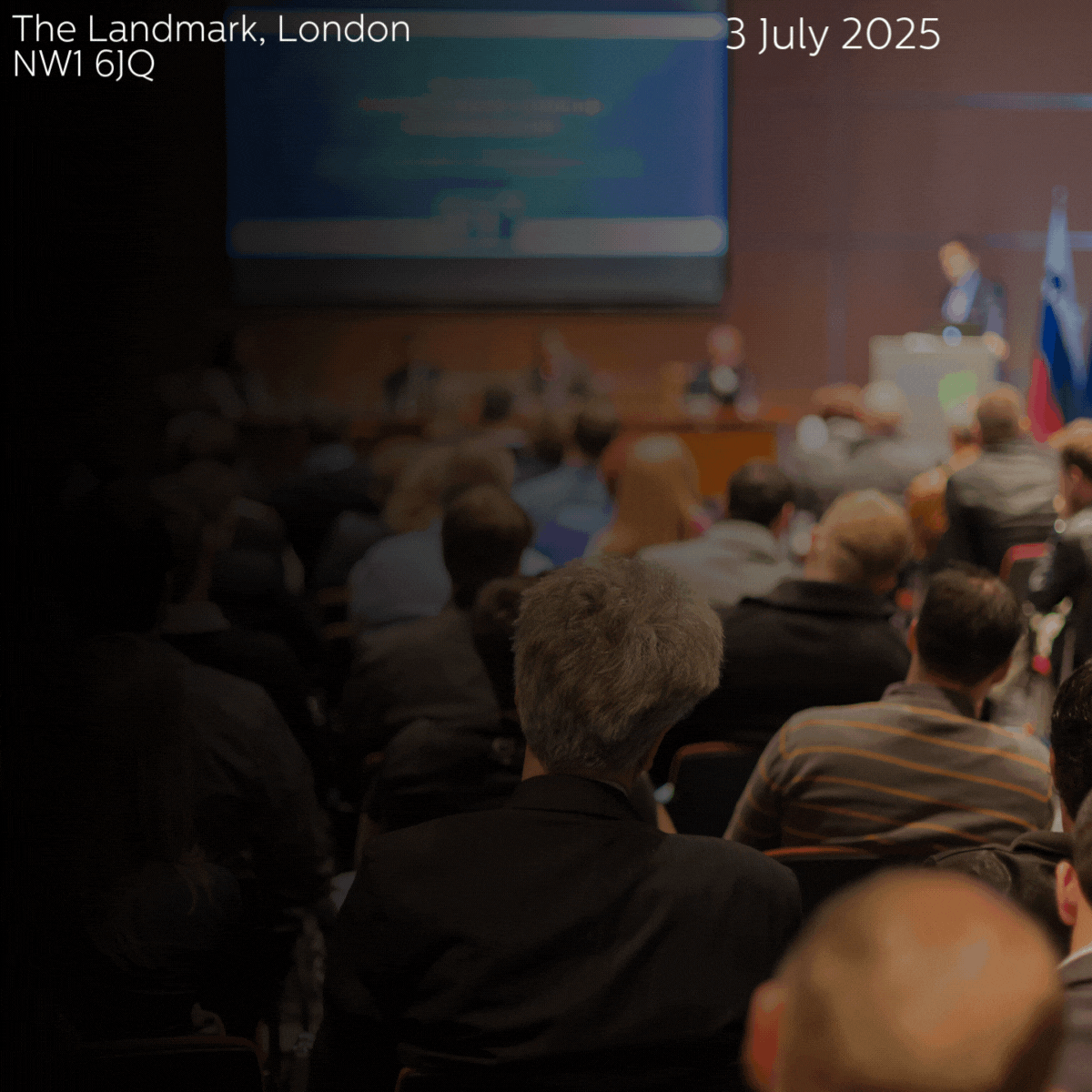Its 600ml and one litre squash bottles will follow by the end of 2007 and by early 2008, its two litre squash bottle will also have a 100% recycled content. The move will affect 60 million bottles each year and will require 4,000 tonnes of recycled PET.
GSK said it faced “challenges” along the way in producing its new bottles and said more must be done to boost bottle recycling in the UK and improve UK facilities.
The company's general manager of nutritional healthcare, Graham Neale, is the president of the European Beverages Associations and is said to be keen to look at ways to increase and improve the recycled plastics feedstock.
UK recycling
GSK has set up a range of intiatives to do this within the UK which include a “reverse vending machine” trial, with plastic recycling charity Recoup, for recycling PET bottles in public places (see letsrecycle.com story).
A wave of companies in the UK are presently working on plans to recycle waste PET bottles back into food grade packaging, including St-Albans based Baylis Recycling (see letsrecycle.com story) and Australian-owned Closed Loop London (see letsrecycle.com story). GSK said is keen to work with such manufacturers.
Caroline Storey, strategic projects manager of GSK's nutritional health care, told letsrecycle.com: “This is a really exciting breakthrough and it's fantastic to get out there and raise consumer awareness. However, this just is the start and there is so much more to do, from improving facilities in the UK to getting other packaging companies involved but it's good to be making a difference.
She added: “We hope to work with UK companies who will be turning waste bottles back into PET packaging. We are very keen on anything we can do to to encourage plastics recycling and food grade packging in the UK.”
Marketing director Anne MacCaig added: “Three-quarters of consumers believe we have a duty to recycle but almost 13 million plastic bottles go to landfill everyday. This mismatch shows there's a real need to improve facilities in the UK to enable customers to recycle more particularly while they're on the go.”
Process
The Ribena bottles are made from waste post-consumer PET bottles sourced from all over Europe and reprocessed by international packaging company Amcor Ltd in Beaune, France.
Ms Storey explained that the bottles were guaranteed to be 100% PET because waste PET material is used to make them. Also, the material undergoes two infra-red sorting processes to remove any contaminants. Once the material is broken down into pellets, it is transported to Amcor's plant in Gresford, North Wales, where they are made into bottles.
The Ribena bottle's cap is made from LDPE and and fim sleeve is made from PET, which can be recycled where facilities are available.









Subscribe for free